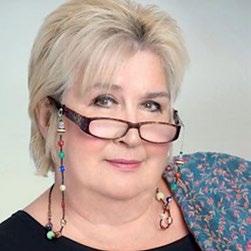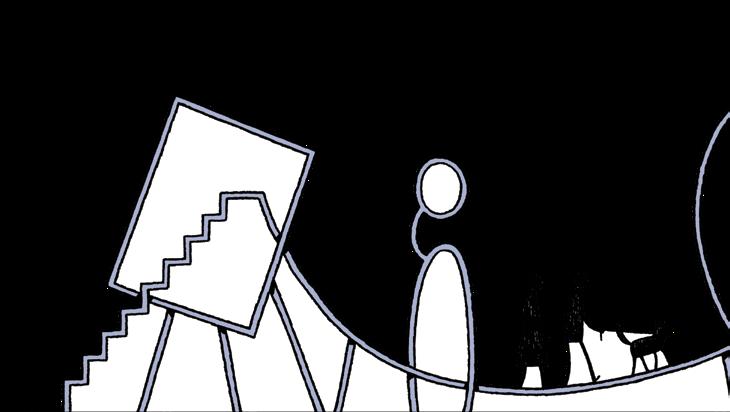
3 minute read
The Doctor’s Surgery
It’s good to wake up and smell the coffee
I have three cups in the morning – there’s little proof it’s bad for you theodore dalrymple
Advertisement
The world is full of hazards – so full, in fact, that it often seems a miracle that anyone survives as long as they do.
But, as someone once said, whatever happens must be possible, and survive most of us do – for a time, at least.
Hidden hazards may lurk in all that we consume, but consume we must. It therefore comes as a great relief when some comestible of which we are fond receives the medical nihil obstat, as it were.
Caffeinated drinks and, in particular, coffee, have long been suspected of causing cardiac arrhythmias (abnormal heart rhythms), a risk that compounds with age. An American study using British data – therefore bound to be both accurate and true – has shown that these fears are exaggerated; in fact, completely unjustified. On the contrary, it appears that moderate coffee-drinking may protect (slightly) against the development of such arrhythmias.
The idea that drinking coffee is bad for the heart arose because of the presumed physiological effects of caffeine itself, and because one small study, now more than 40 years old, found a connection between coffee-drinking and arrhythmias.
This was the slender basis on which cardiological societies have long suggested the avoidance of coffee, and the advice has entered popular lore, at least among those who pay any attention to such matters. All subsequent studies have failed to demonstrate a connection, but it is always easier to get something into mythology than out again.
The authors correlated the incidence of arrhythmias with a self-reported coffee consumption of between no cups of coffee a day and six cups, among 386,258 people, with a mean age 56 years, who lived in north-west England, had no previous history of arrhythmia and were followed up for 4½ years.
In essence, what they found was that for each additional cup of coffee drunk, the incidence of arrhythmia declined by three per cent. It would be unwise to conclude from this, of course, that if you drank enough coffee, you could exclude the risk of arrhythmia altogether. I mention this only because some people are inclined to suppose that if a little bit of what you fancy does you good, a lot of it must do you much better.
Moreover, I stress, to avoid any misunderstanding, that this study was conducted on people who did not have an arrhythmia to start with. For the sake of completeness, I should point out that about 4.4 per cent of the subjects developed an arrhythmia in the 4½ years of follow-up.
As is always the case with such studies, there are caveats: for example, that the self-reporting of coffee consumption might be inaccurate. But since when the people were asked about it they had no idea that the information would be used in this way, they had no motive for misrepresenting their consumption.
In addition, the results were analysed according to whether the respondents were genetically fast or slow metabolisers of caffeine. While those who were fast metabolisers tended to drink more coffee than the slow, presumably to obtain the same psychological effects, it remained true that fewer of those who drank more coffee, whether fast or slow metabolisers, developed arrhythmias. Again, it might be argued that the results would have been different if the follow-up period had been longer – 15 years, say – but there is no positive reason to think so.
Coffee has also been shown, statistically, to be associated with reduced risks of cancer, diabetes, inflammatory and Parkinson’s disease – but I would not be quite frank if I claimed that that is why I start my day with three cups.
Nor would I change my habits if the above results were reversed, and the opposite were found. Coffee is not medicine.









